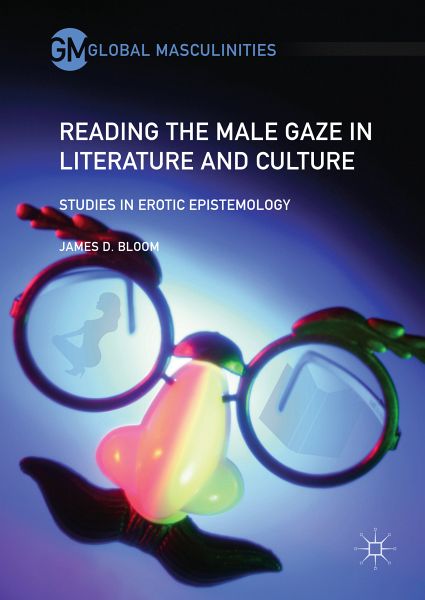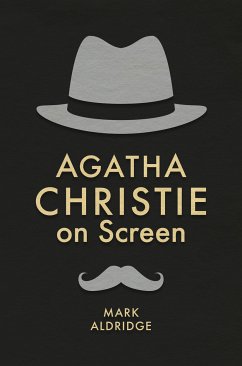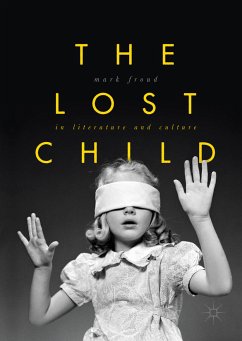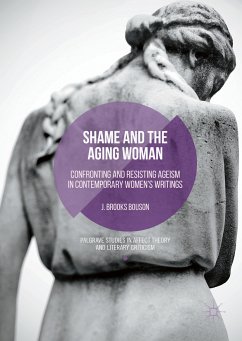
Reading the Male Gaze in Literature and Culture (eBook, PDF)
Studies in Erotic Epistemology
Versandkostenfrei!
Sofort per Download lieferbar
80,95 €
inkl. MwSt.
Weitere Ausgaben:

PAYBACK Punkte
40 °P sammeln!
This book examines the phenomenon of 'the male gaze', a concept which has spread beyond academia and become a staple of cultural conversations across disciplinary boundaries. Male gazing has typically been disparaged and even stigmatized as a reflection of misogyny and an instrument of objectification, often justifiably so. But as this book argues and illustrates, male gazing can also be understood as an illuminating, intellectually engaging, aesthetically compelling, and even politically progressive practice. This study recounts how the author's own coming-of-an-age as a gazer became the basi...
This book examines the phenomenon of 'the male gaze', a concept which has spread beyond academia and become a staple of cultural conversations across disciplinary boundaries.
Male gazing has typically been disparaged and even stigmatized as a reflection of misogyny and an instrument of objectification, often justifiably so. But as this book argues and illustrates, male gazing can also be understood as an illuminating, intellectually engaging, aesthetically compelling, and even politically progressive practice. This study recounts how the author's own coming-of-an-age as a gazer became the basis for his long career teaching and writing about American fiction and poetry and poetry, canonical and contemporary, as well as about film, painting, TV, and rock-and-roll. It includes closely-reasoned analyses of work by James Baldwin, Rembrandt, Willa Cather, Philip Roth, Henry James, Charles Chesnutt, Bob Dylan, Robert Stone,Tim O'Brien, Edith Wharton, Theodore Dreiser, Frank O'Hara, Italo Calvino, John Schlesinger as well such cultural phenomena as the British Invasion of the 1960s, the Judgment of Paris in Greek mythology, the technology of seeing (kaleidoscopes, microscopes, telescopes) and the concept of 'objectification' itself.
Dieser Download kann aus rechtlichen Gründen nur mit Rechnungsadresse in A, B, BG, CY, CZ, D, DK, EW, E, FIN, F, GR, HR, H, IRL, I, LT, L, LR, M, NL, PL, P, R, S, SLO, SK ausgeliefert werden.
Alle Preise in Euro und inkl. der gesetzl. MwSt. | Innerhalb Deutschlands liefern wir preisgebundene Bücher versandkostenfrei. Weitere Informationen: bitte hier klicken
Support
Bitte wähle dein Anliegen aus:
Rechnungen
Bestellstatus
Retourenschein
Storno












